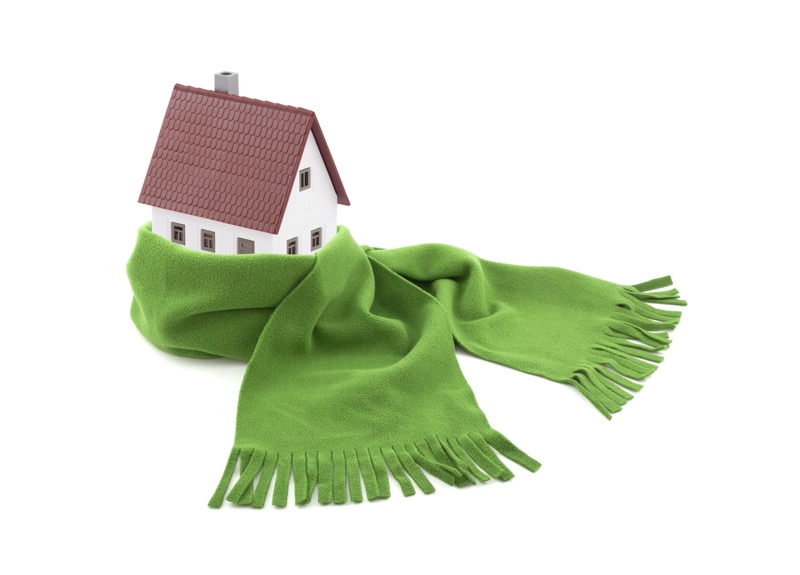During winter, it’s common to get a spike in your heating bill. But, did you know that there are some ways to lessen your heating costs? The internet may be full of ideas on how to enjoy savings on energy costs, but it actually takes money to save money.
For instance, you can purchase energy-efficient appliances to save money. However, for a lot of people, spending money on new appliances and fixtures to make the house more energy-efficient isn’t always an option due to financial constraints.
Fortunately, there are other options you can take into consideration and you don’t have to spend a lot on cutting your heating costs. You may try this website to know how much you need to prepare if you want to install a new heating system. But if you’re looking for more practical ideas to reduce heating costs during winter, then take note of the following tips:
1. Inspect Your Home For Air Leaks And Drafts
One of the ways to reduce your heating costs during winter is to inspect your house for exposed air leaks and drafts around ceilings, walls, plumbing, and lighting fixtures, which can cause your heater to work harder.
So, make sure to check your door weather seals for wear and tear and ensure that your window frames are sealed tightly. The ducts around your heating system can also have some gaps, so check the ductwork that runs through your crawlspace, attic, garage, or basement, and seal or insulate them if necessary.
2. Decorate For Warmth
During winter, ensure that you decorate your home with warmth in mind. For instance, you can put some flannel sheets on your bed, insulated curtains for your windows, warm blankets on your furniture, and rugs on your floors. If you don’t know where to get started, you can read some tips to make your house cozy in winter.
3. Lower Your Thermostat
You can save more by lowering your thermostat during winter. To achieve better results in reducing your heating costs, you can install a Wi-Fi or a programmable thermostat to control the temperature settings automatically.
A programmable thermostat can help you enjoy savings by pre-setting temperature according to your schedule. Other programmable thermostats can be controlled remotely using mobile devices, providing you an option to change the settings when you’re away.
4. Use Your Fireplace To Stay Warm
If you have a wood stove or a fireplace, you can use it as an alternative to your heating system. But clean your fireplace and chimney first, then inspect it thoroughly to avoid any fire hazard. You should also avoid leaving fireplace dampers open that will let cold air in and warm air out.
5. Close Unused Rooms
Depending on how big or small your house is and the number of individuals living in it, you might have extra rooms you don’t use. If so, there’s no need to heat them but make sure to close the doors to save money on heating.
You might also like to close the vents in such rooms, so warm air from the ducts won’t travel to them. To seal off unused rooms effectively, draft a blocker or tuck a towel at the base of their doors. However, if the water pipes are situated in the walls of your unused rooms, don’t let them get too cold. While you don’t need to heat them, you don’t want them to get colder as you must also avoid frozen pipes.
6. Consider Using Ceiling Fans
If you have ceiling fans in your home, consider using them during the colder days to help distribute warm air and lessen your heating bill. Just reverse the fans so the blades will turn clockwise.
The clockwise direction of your fan blades will pull air upward, so warm air will be trapped near the ceiling and travel around the room or down the walls. To know if your fan blades spin in the right direction, stand beneath it and see to it that you don’t feel the air blowing down on you.
7. Use Humidifiers And Space Heaters
If you’re spending a lot of time in a certain room, like the living room, for example, you can use space heaters in that room to keep warm while maintaining a low temperature at the same time. Another inexpensive way to hack your heating system is by using a humidifier. Humid air can make your home warmer, regardless of the temperature. So, running a humidifier in the rooms you usually use can boost comfort levels without increasing heating costs.
Conclusion
No matter what type of heating system you use, the above ideas can help reduce your heating bill during winter. The best thing about them is that they only take a few minutes and a few dollars to implement. Although those actions won’t save you a lot, they can still make a huge difference in your monthly bill.
















